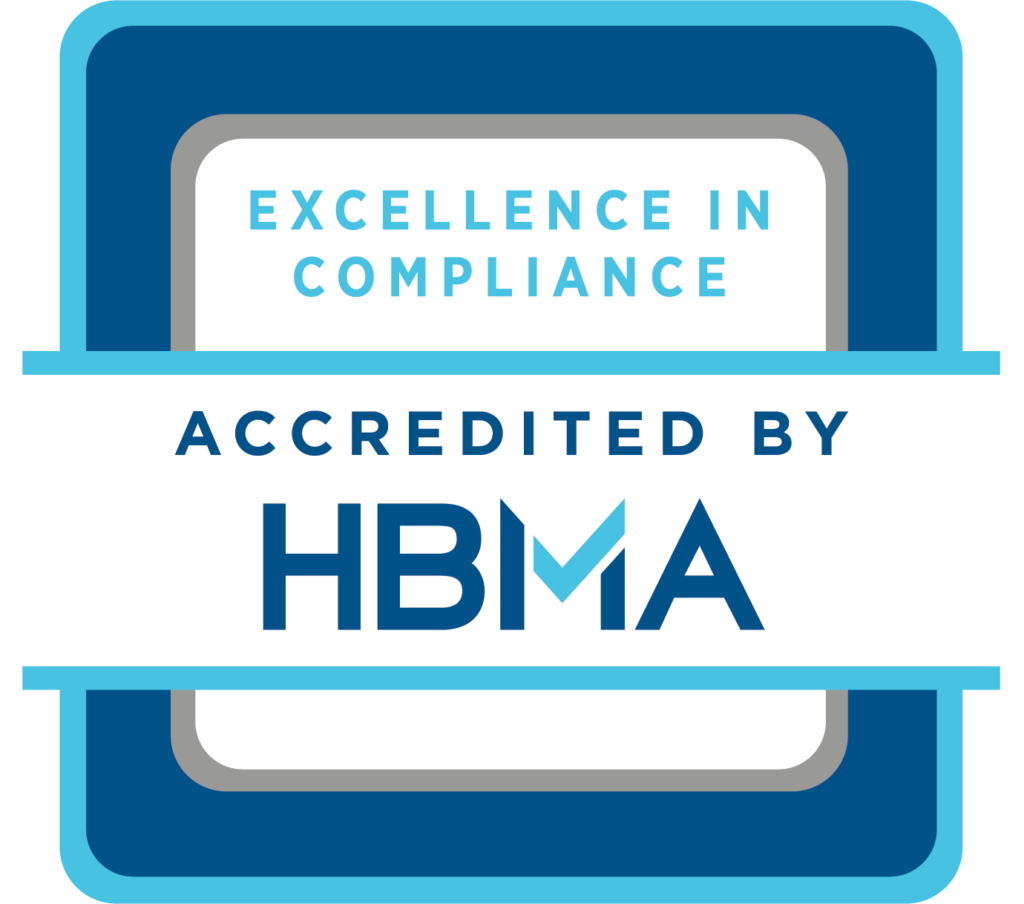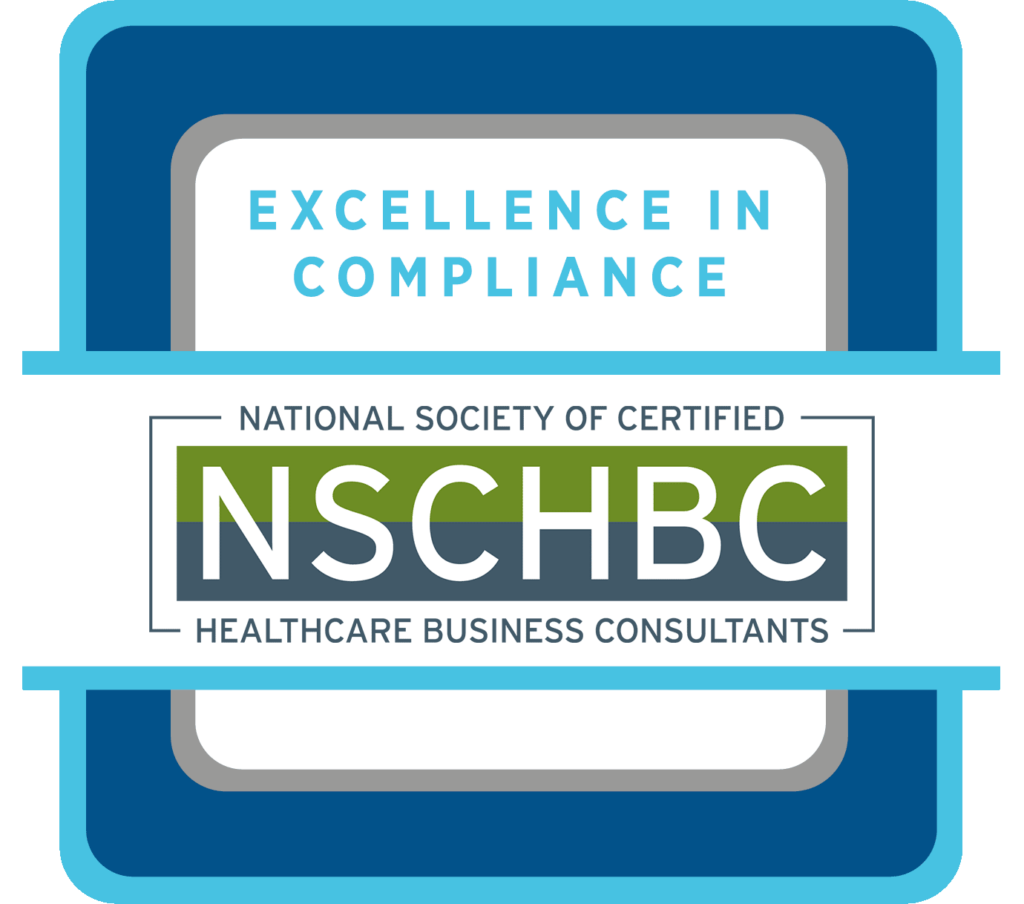Insurance Denials: Recover Revenue & Improve Workflow

Insurance denials continue to be a common issue within the healthcare industry, creating operational and financial challenges for practices of all sizes. While some denials are justified, many stem from preventable issues—errors in documentation, missed authorizations, or claim submission inconsistencies.
When these denials go unaddressed, the impact goes beyond lost reimbursement. It signals a breakdown in internal processes, from front-end eligibility checks to back-end coding accuracy. Left unchecked, this can erode revenue, inflate administrative costs, and create friction across departments. Implementing a consistent, well-informed appeal process is essential to recover lost revenue and strengthen the entire revenue cycle.
Understand the Why: Common Reasons for Insurance Denials
Before you can fix a problem, you need to understand where it’s coming from. Denials often stem from preventable issues, such as:
- Eligibility Issues: Claims are often denied because the patient’s insurance coverage was inactive or invalid on the service date.
- Coding Errors: Incorrect, outdated, or missing codes can trigger automatic rejections, especially if they don’t align with medical necessity documentation.
- Missing or Insufficient Documentation: Supporting clinical notes, test results, or operative reports may be absent or fail to meet payer standards.
- Lack of Prior Authorization: Services that require pre-approval must be appropriately documented and verified before submission.
Every one of these factors represents a breakdown in the revenue cycle. When you know what to look for, you’re better positioned to challenge denials effectively and prevent them from recurring.
Build a Process for Success: Your Denial Appeal Workflow
Now that you can spot the patterns, it’s time to build a workflow that gives your team the tools to respond effectively. Reacting to denials isn’t enough; you need a repeatable process. Start by establishing clear criteria for identifying which denials are worth appealing. Not every case will be financially viable, so evaluate based on claim value, success likelihood, and payer patterns.
From there, focus on documentation. Strong appeals start with clear, complete, and organized clinical records. Ensure your team gathers and organizes the necessary clinical records, supporting notes, and payer correspondence before initiating the appeal. It’s far easier to prevent denials than to correct them later.
Your workflow should also include:
- Defined roles and responsibilities – so nothing falls through the gaps
- Appeal timelines – aligned with payer deadlines
- Tracking systems – to monitor appeal status, outcomes, and follow-ups
Create a workflow where denials are flagged, analyzed, and routed for appeal within specific timeframes. Everyone on your billing or Revenue Cycle Management (RCM) team should know who handles what and how appeals are tracked through to resolution.
What Makes an Appeal Effective?
Not all appeals are created equal. You increase your chances of success when your appeal meets a few key elements: timeliness, accuracy, and alignment with payer-specific requirements.
- Timeliness: Each payer has defined windows for appeal submission. Delays—even short ones—can result in forfeited reimbursement. Submitting appeals within the allowable timeframe is essential.
- Accuracy: An appeal must directly address the reason for the denial. This includes referencing the correct patient encounter, providing complete and relevant documentation, and correcting any errors that triggered the original denial.
- Payer-Specific Guidelines: Different payers, different rules. This may include specific forms, formatting rules, or documentation checklists. Standardized appeal letters often fall short; customization is key.
A compelling appeal letter combines medical necessity, compliance references, and a concise presentation of facts. The more precise and professional your communication, the more seriously it’s taken.
Turn Denials into Data
Even the most well-crafted appeals are reactive by nature. It’s important to shift from response to prevention. Every denial is a data point. When tracked correctly, denial patterns can reveal weak points in your workflow. Is your front-desk team properly checking eligibility? Is there tracking for authorizations? Do specific codes trigger repeated denials?
Start by categorizing your denials by reason, payer, provider, and procedure type. This helps you:
- Identify recurring issues
- Train staff on specific problem areas
- Adjust internal processes to prevent repeat denials
When you use your denial data well, you can shift from reacting to denials to systematically reducing them over time.
When to Get Help: Partnering with Experts
Even with a solid internal process, some practices hit specific roadblocks. Maybe payers are tightening rules faster than your staff can keep up. Or perhaps you just want to stop playing defense and start getting ahead. This is where partnering with denial management experts can make a real impact.
Consultants specializing in medical billing services and Denial Management Services can assess your current workflow, identify inefficiencies, and implement systems that improve appeal outcomes. They bring payer-specific insight, proven workflows, and dedicated resources, freeing your internal team to focus on patient care.
More importantly, a good partner like Medicus Billing doesn’t just help you appeal insurance denials—it helps you prevent them. Analyzing patterns, training your staff, and fine-tuning your billing processes help you reclaim control of your revenue cycle.
Final Thoughts
Insurance denials don’t have to be a constant battle. With the right process, smart appeals, and outside help when needed, control can be regained. Denials shouldn’t be accepted as just a cost of doing business. By implementing a smarter process, using the right tools, and partnering with the right experts, you can fight back. Opportunities are available. Revenue can be recovered. Systems are fixable. Now, taking action is all that’s needed.
Are you looking to improve your denial management strategy? Medicus offers specialized consulting services to help your practice implement scalable workflows, reduce errors, and strengthen your revenue cycle from start to finish. Contact us today for an expert consultation.
About the Author: Cyndi Walker
Cyndi Walker, CMC CHBC, is the founder of Medicus Billing and Consulting, a premier billing company with over 40 years of experience in the medical billing industry. With certifications in Medical Coding, Healthcare Billing Consulting, and Compliance, Cyndi has built a reputation as a trusted expert in the field. She regularly shares her extensive knowledge on topics such as coding, payer appeals, regulations, and billing techniques. Connect with Cyndi today to discover how Medicus Billing can streamline and enhance your practice’s billing processes.

Contact Us Today
"*" indicates required fields



